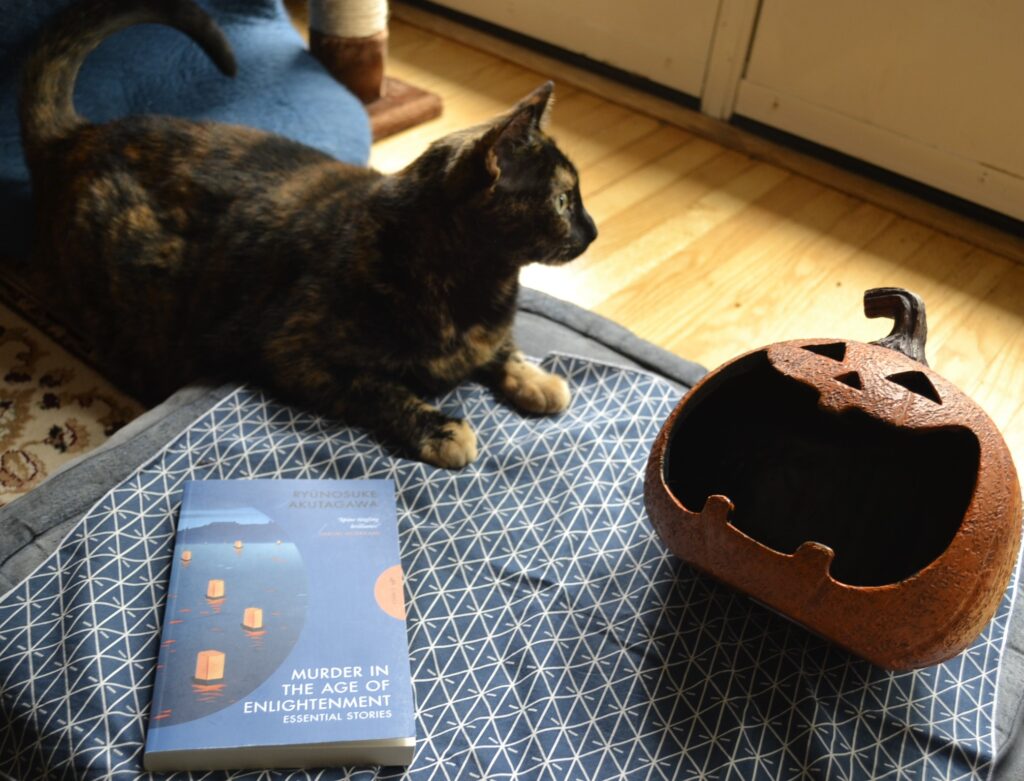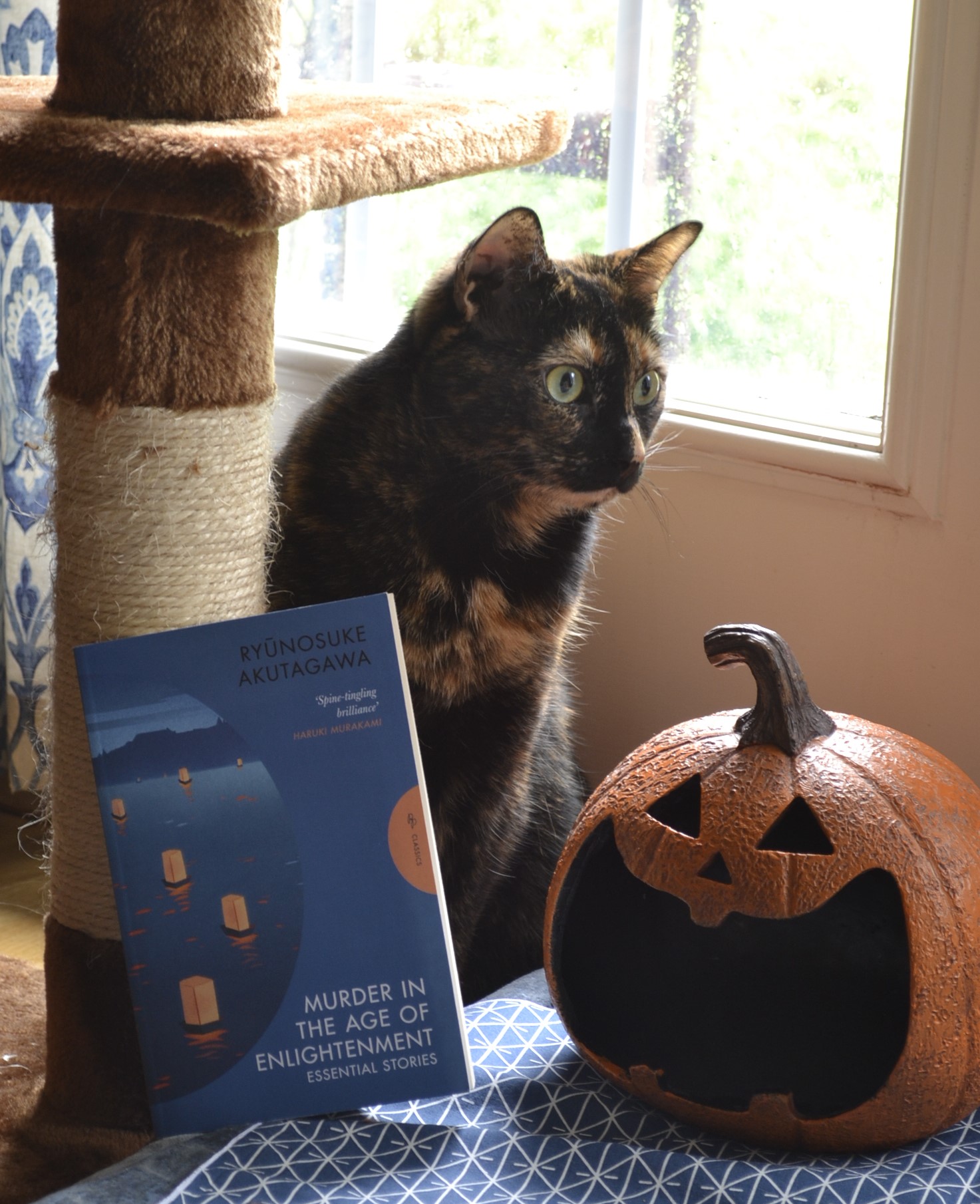The Liminal Zone
So here we are, in mid-August and we have entered what I like to refer to as summer’s liminal zone. The back-to-school ads start feeling a bit more real and there is a bit of chill in the breeze that seems out of place. The arid heat is replaced by a study in the different varieties of humidity. Theatre season has passed its peak and the last of the plays have their opening nights. And everyone is starting to talk about autumn. About life after Labour Day is behind them. The rhythm that some were happy to escape is longed for once again.
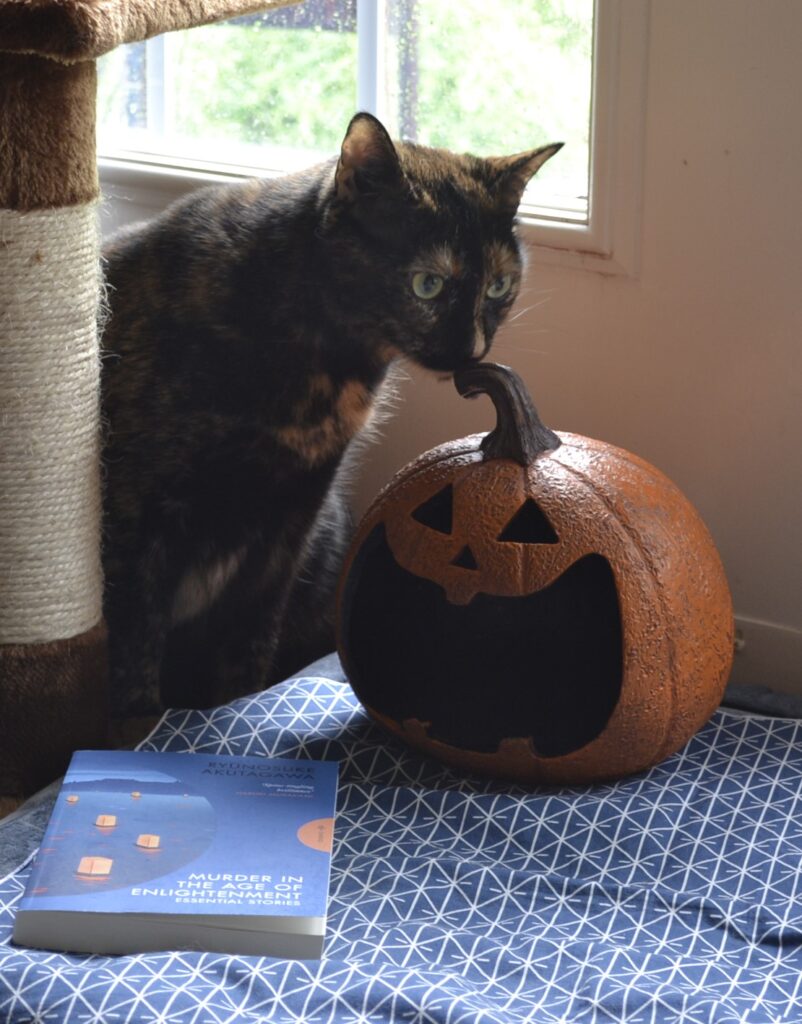
I long for fall basically from the moment the summer starts, so I am always happy to see the first of the trees start to turn — though I always question whether they did so earlier or later last year. This year I’m particularly looking forward to a return to a more mindful schedule neither packed with work nor with so many good things that I get some weird overworked adult version of a sugar rush. We’re also planning a brief visit back to our hometown, and there’s something about long road trips in fall that make me think of my early twenties and the escapes my spouse and I used to go on to the city.
It’s still summer, but it’s summer with an eye to what comes next and the wind down of another year.
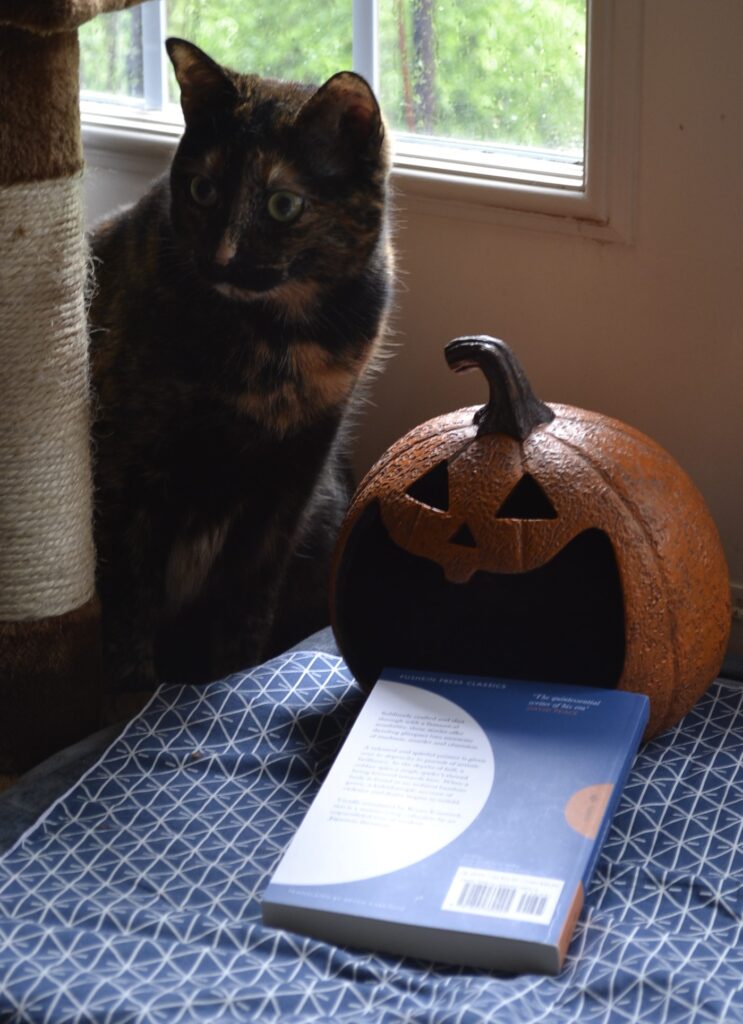
Murder and Other Dark Occurrences
Ryūnosuke Akutagawa has long been thought of as the “father of the Japanese short story”, and Japan’s most prestigious literary award bears his name as the Akutagawa prize. Akutagawa saw literary writing as a way to bring together traditions of both the East and the West. His works show a diverse array of influences, from the Anatole France he spent some time translating to Classical Japanese literature. His stories often had historical settings, but he was also a believer in naturalism and in depicting modern life as it unfolded.
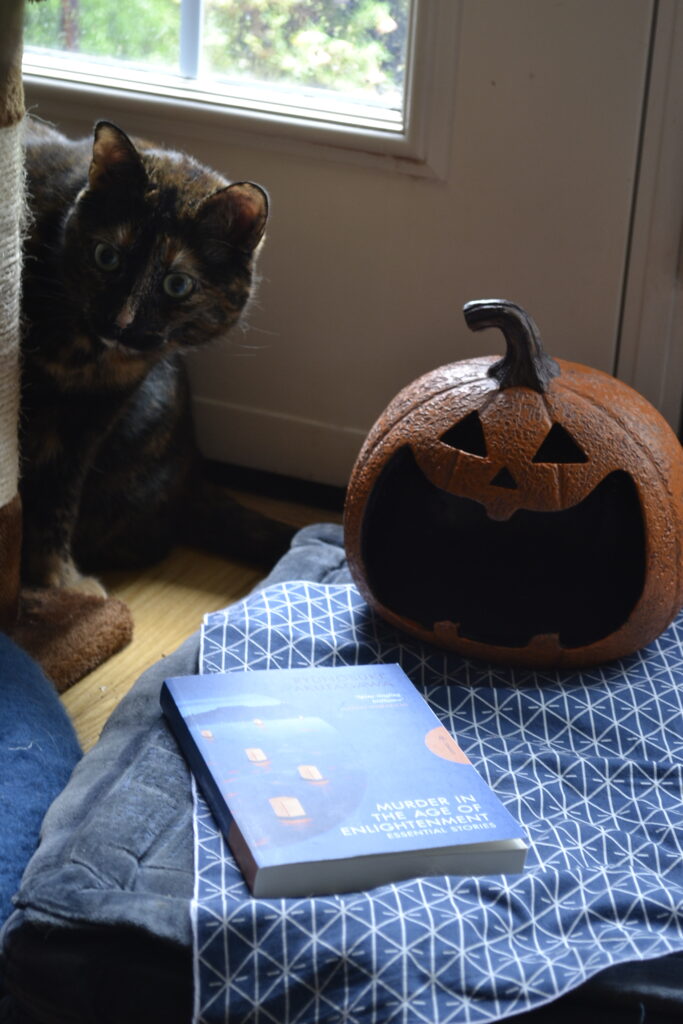
In this volume, Pushkin Press has collected stories from the beginning of his career at the turn of the century to the last year he was alive. Though the subjects are varied, what remains is Akutagawa’s beautiful starkness and his precise use of prose. There is the feeling that cutting one word would be impossible, but adding one would be a shame. He writes with a precision that lets the story’s depth shine without being strangled by too much description and too weighty prose. While not all of the stories here are spooky stories, Akutagawa’s subject matter is often dark and is interested in delving into the various horrors plaguing humans as they try to navigate their desires and alter their destinies.
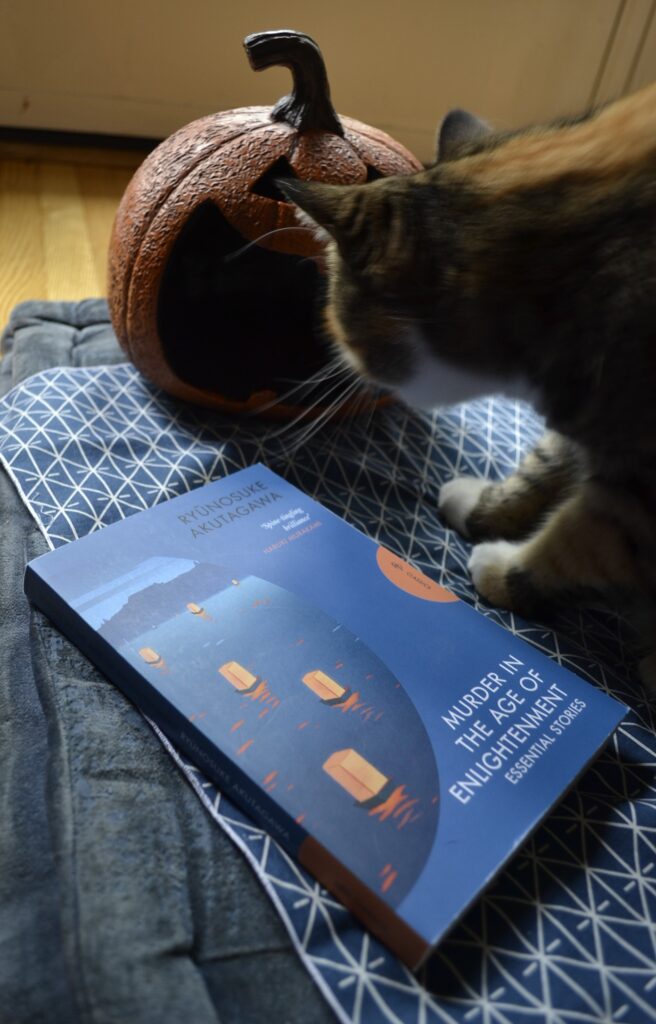
Multiple Kinds of Darkness
Akutagawa explores many different kinds of darkness in the breadth of this collection. There is the conflict of desire and murder in the title story, where a murderous thought leads to a letter and a suicide. There are the horrors and wastes of war that are described in ‘The General’. ‘Hell Screen’ is a more classical ghost story, and ‘In A Grove’ is a similarly classical ghost story but with a modern twist. Last in the collection is ‘Cogwheels’, a long and winding examination of Akutagawa’s own struggles with mental illness, writing, and his visions of his own end and destruction.
It takes the reader through ghosts lurking in the shadows to expressions of human cruelty and lastly to terrifying internal states. Akutagawa shows the reader that a concept of hell goes beyond a physical place and that ghosts don’t have to be dead to be haunting.
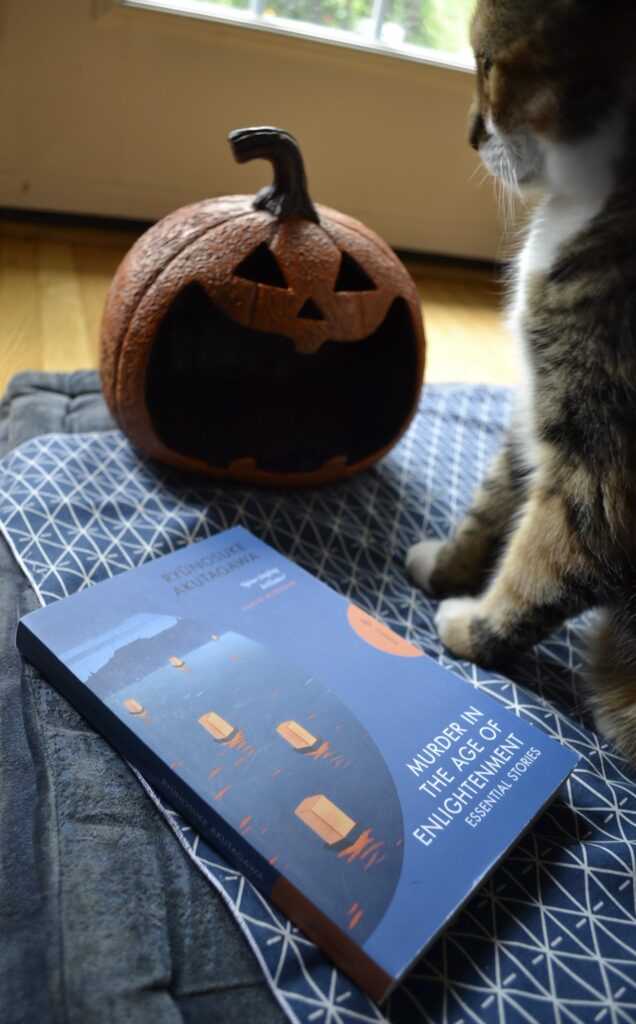
In Film
Of course, I first heard of Akutagawa when I watched one of my favourite films — Rashomon. Director Akira Kurosawa uses Akutagawa’s ‘In A Grove’ (which is in this collection) for the story and the writer’s ‘Rashomon’ for the setting. The film was released in 1950 and is easily one of the best films of all time (as declared by multiple sources that are not just me). If you have not seen it, you need to. Kurosawa is a brilliant filmmaker who has managed to preserve not just the message of the original narrative, but also adds something to it by adding atmosphere to Akutagawa’s stark prose. Like Akutagawa, not a line or a gesture is out of place. Every bit of scenery, every movement is carefully considered. It brings the narrative to life and showcases it as the brilliant piece of literature that it is.
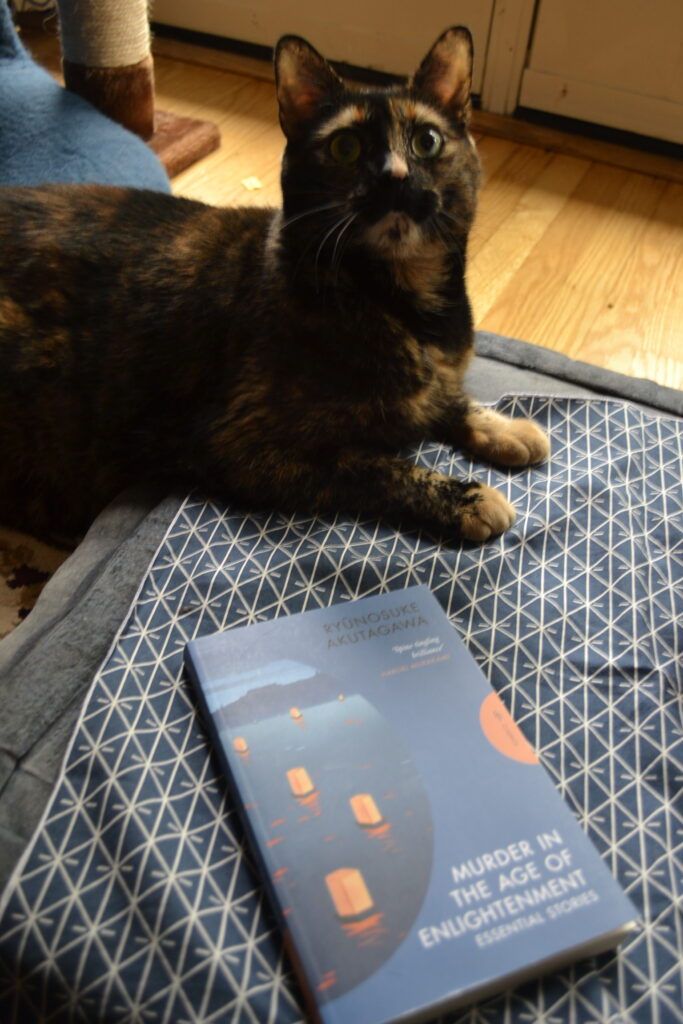
Transitional Rains
The hallmark of the changing seasons up here? Rain. Spring comes with a flooded backyard and fall does too. More terrifying there’s always the threat of something more extreme — tornado watches and warnings. However, the rain is more than enough to get scared of when it starts sheeting down against the sitting room windows. Bubastis and I handle downpours similarly. She runs to a cardboard box under the sofa and curls up. I run to the blankets on top of the sofa and try not to look at the slowly forming oceanic puddles on the porch.
My lovely spouse is great at telling the cat and I both to come out and just enjoy the rain.
